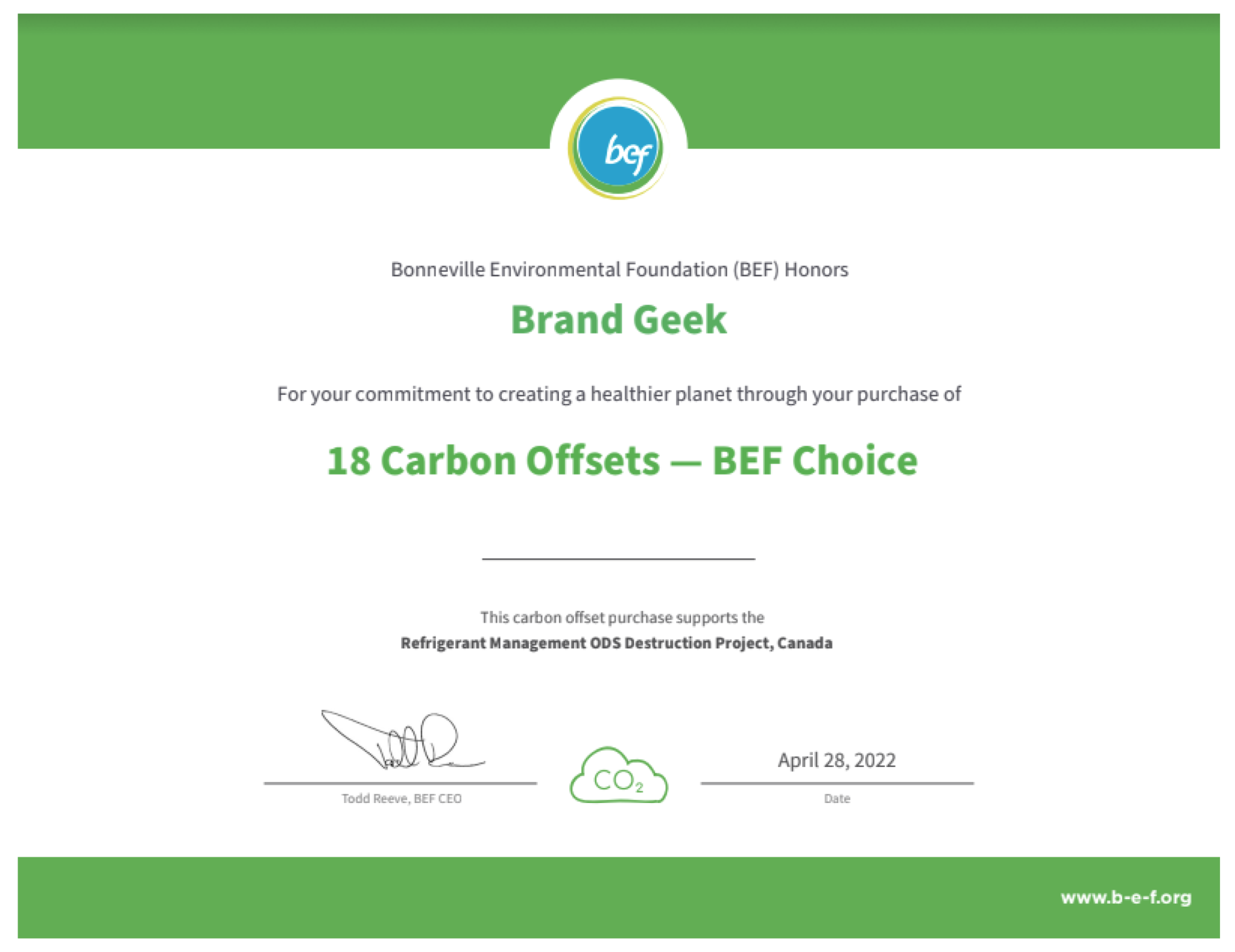Brandgeek proudly supports Mountain Area Preservation and is humbled to be…
Sugar Companies Try to Cane Corn Association

This past September I wrote about a lawsuit pitting sugar against corn. Initially, two sugar manufacturers sued the Corn Refiners Association (CRA) and six high fructose corn syrup (HFCS) manufacturers for false advertising under the Lanham Act, as well as for being in violation of California Business and Professions Code Section 17200 as a result of their corn sugar “re-branding” campaign. At the time I first wrote about it, the court had just heard motions to dismiss the First Amended Complaint. Soon thereafter, eight more plaintiffs joined. I wrote about the case again in mid-November, by which time the court had dismissed the HFCS manufacturers from the case and also had stricken the California state law claim, while allowing the federal false advertising case to continue against CRA. On November 21, 2011 ten plaintiffs filed their second amended complaint against six defendants:
Sugar
American Sugar Refining Inc., The American Sugar Cane League of the USA Inc., C and H Sugar Company, Inc., Western Sugar Cooperative, Imperial Sugar Corporation, Minn-Dak Farmers Cooperative, The Sugar Association Inc., Michigan Sugar Company, United States Sugar Corporation, and The Amalgamated Sugar Company LLC
VS.
Corn
Archer-Daniels-Midland Company, Cargill, Inc., Corn Products International, Inc., Roquette America, Inc., Tate and Lyle Ingredients Americas, Inc., and The Corn Refiners Association, Inc.
[/framed_box]The Corn Refiners Association (a membership organization comprised of the HFCS manufacturers) filed its Answer on December 16, 2011 and the manufacturers filed another Motion to Dismiss on December 16, 2011. On Monday, February 2, 2012 the Plaintiffs filed their Opposition to the HFCS manufacturers’ Motion to Dismiss. Since the court already found that Plaintiffs are likely to succeed in proving the challenged advertising statements false, the issue is which party or parties is/are liable for such false statements.
The Opposition brief essentially argues (without ever stating it expressly) that the CRA is the alter ego of the HFCS manufacturers, which fund it and exclusively benefit from its activities. The complaint seeks vicarious liability from CRA’s member companies for the activities of CRA and the Opposition brief explains in detail why this is a viable legal claim, both on principles of agency and joint tortfeasors. Specifically, the Opposition states that each of the member companies: (1) directed CRA’s activities through their voting presence on its board; (2) actively managed CRA’s formulation and execution of the false advertising campaign, (3) co-funded the campaign; and (4) ratified and endorsed the campaign messages apart from the CRA campaign. In short, the Plaintiffs claim that the manufacturer defendants should not be allowed to circumvent the Trademark Act by “hiding behind an inadequately capitalized trade association they control, govern and fund.” Sounds right to me — if it looks, walks and quacks like a duck, it should be held liable for false advertising.
 Though the issues of false advertising and the legality of re-branding HFCS as “corn sugar” is important, this case could have even bigger implications of setting important precedent (at least for the moment) on vicarious liability in false advertising cases.
Though the issues of false advertising and the legality of re-branding HFCS as “corn sugar” is important, this case could have even bigger implications of setting important precedent (at least for the moment) on vicarious liability in false advertising cases.




Thanks!…
Thanks for all your insight. This site has been really helpful to me….